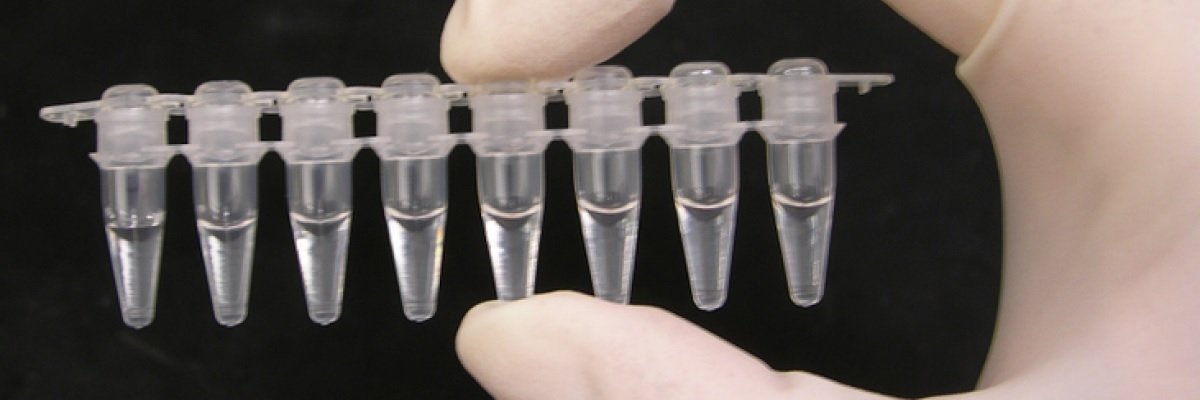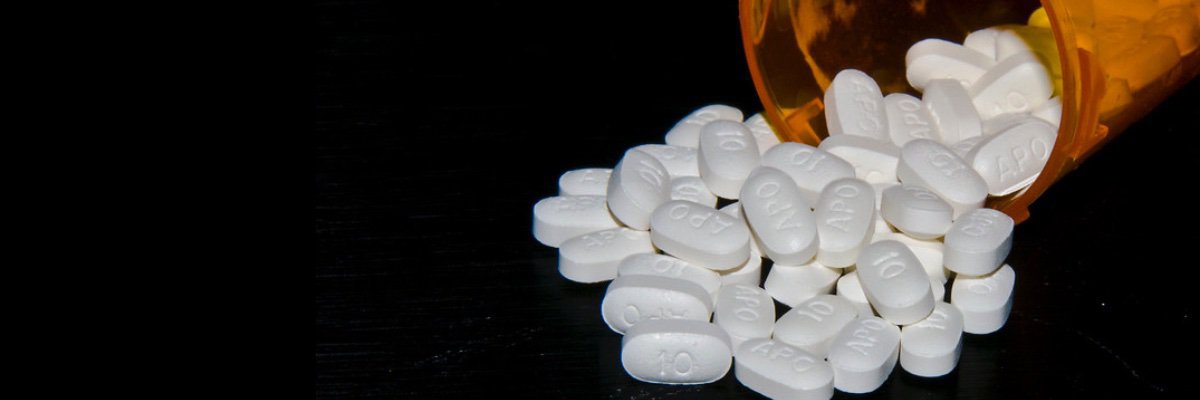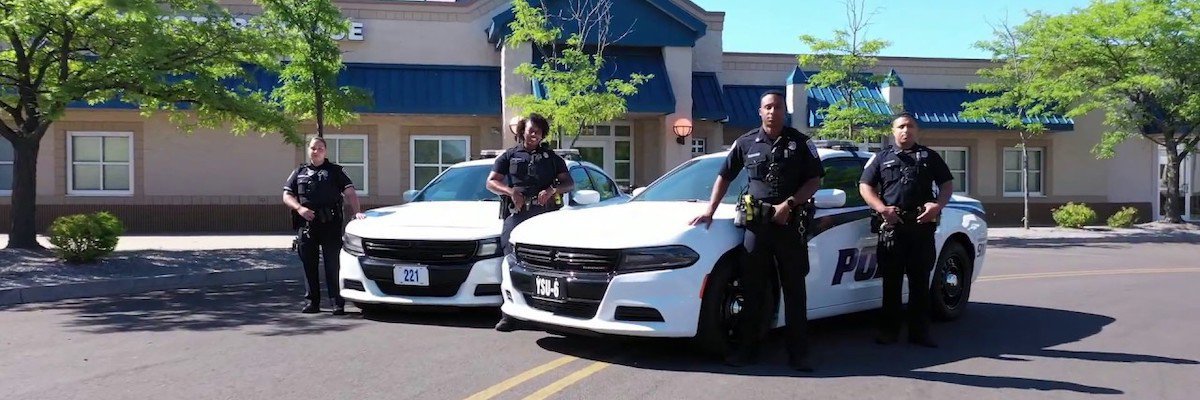For the last year, we’ve been requesting data surrounding the national backlog of untested sexual assault evidence. While we still don’t know the actual number - so far more than 225,000 rape kits have been found sitting on evidence collection shelves and in hospitals from coast to coast - we have a greater understanding of the many hurdles victims and law enforcement face. There are many reasons rape kits go untested, and the lack of forensic funding continues to exacerbate the problem.
Under the Violence Against Women Act, the cost of a rape kit is free to the victim, covered instead by a state entity. Along with preserving evidence for a possible criminal investigation, these exams treat victims for injuries and offers prophylaxis for STIs and sometimes emergency contraception. The law hasn’t always been followed. Between 2015 and 2017, for example, a hospital in Brooklyn charged 85 patients for their rape kits; in a statement, the hospital attributed the error to “an inadvertent breakdown in [their] billing processes.”
In response to this morning's announcement by @AGSchneiderman , a statement from The Brooklyn Hospital Center: pic.twitter.com/YLKufjjenR
— Brooklyn Hospital (@bkhospital) November 28, 2017
This provision under VAWA must be followed in order for state programs to receive federal STOP (Services, Training, Officers, Prosecutors) Grant Program, which trains officers on handling, intervening in, and preventing domestic violence, sexual assault, and stalking. Training is essential to effectively collecting and maintaining rape kits, and a lack of knowledge on handling sexual assault cases leads to fewer tested rape kits and fewer prosecutions. Once a kit is collected, forensic testing imposes another significant financial hurdle.
It costs about $1,000-$1,500 to test a single rape kit. To cover these fees, state crime labs must rely on funding earmarked by the state or grants awarded by the federal government. SAKI, the Sexual Assault Kit Initiative, is one such program. Prominent politicians have also taken up the cause, notably Joe Biden who partnered with New York District Attorney Cyrus Vance in 2015 to donate $79 million to 43 jurisdiction is 27 states. Vance, who is under fire for his previous refusal to prosecute Harvey Weinstein, has made significant strides in understanding and eliminating the rape kit backlog in both New York and nationwide, and his office has become an advocate for the timely prosecution of sexual assault. Vance said his initiative with Biden and the Bureau of Justice, in which he appropriated $38 million in civil forfeiture money to test state backlogs, “seems so incredibly overdue.”
“It’s insulting that law enforcement has not considered it important enough,” Vance says. “No body of evidence is ignored like rape kits [are].”
Some jurisdictions are having such a difficult time testing their entire backlog they are turning to unconventional means to do so. Texas has began crowdfunding forensic testing, relying on the charity of its residents to help bring rape victims justice and prosecute criminals. Texas drivers now have the option of donating $1 to kit testing when renewing their licenses.

But perhaps crowdfunding can work. There are roughly 32,000 pregnancies that result from sexual violence every year and, aside from social costs and personal trauma associated with that figure, unplanned pregnancies - include those not resulting from sexual violence - cost taxpayers billions every year. Still, parts of our government work hard to defund services that help women, and we still haven’t made much progress in the case for male contraception. It is difficult to rely on the federal government to cover the costs of rape kit testing alone when other services that aid women are so often cut, overlooked, and neglected.
Image via Congressman Brendan Boyle




